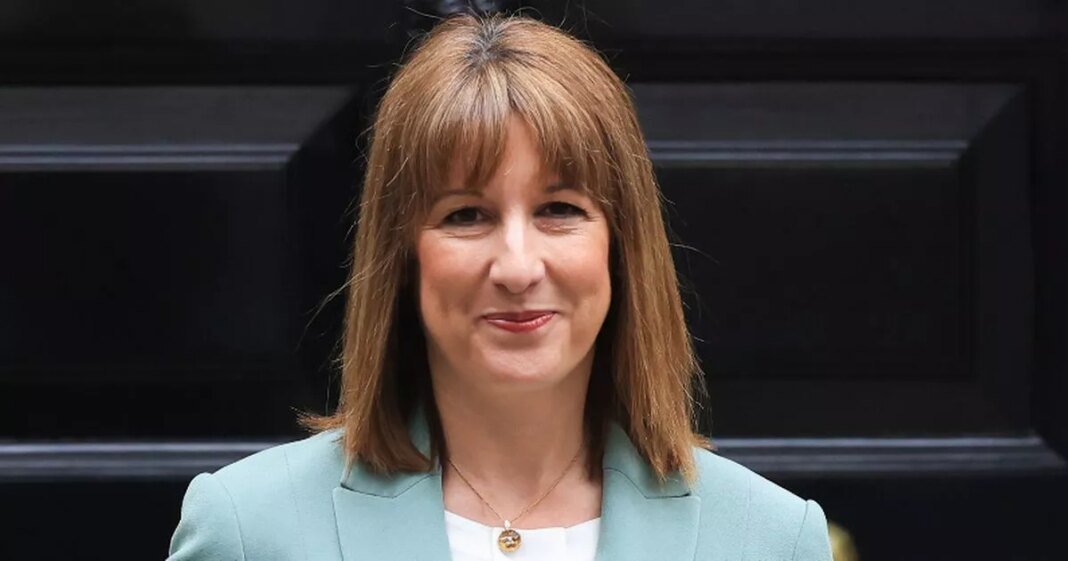Rachel Reeves is facing pressure to steer clear of a slew of tax increases that could burden the British public, as highlighted in discussions among Members of Parliament.
During a session with the Treasury Committee, experts emphasized the potential necessity for the Chancellor to raise significant taxes in the upcoming Budget to address the financial shortfall in public funds.
Reeves is currently grappling with the challenge of restoring fiscal balance after the government’s reversals on cuts to winter fuel and disability benefits, amidst sluggish economic growth, escalating borrowing expenses, and persistent inflation.
Recent indications from Reeves have hinted at the possibility of tax hikes, as she refrained from reiterating her assurance not to seek additional taxes. Last year, she raised taxes by over £40 billion to bolster public services, but now faces a delicate dilemma between tax increases and budget cuts, while remaining committed to fiscal guidelines that prohibit borrowing for everyday expenses.
Tax specialist Dan Neidle outlined two potential approaches for raising taxes, advocating for a strategic adjustment of a major tax, such as broadening the scope of VAT, over a multitude of minor tax increments, which he likened to drawing from a random assortment of tax adjustments.
Neidle criticized the current tax system for accumulating complexities and compromises over the past three decades, urging against further convoluting it with incremental changes. He stressed the imperative for a tax system that fosters economic growth and expressed hope that Reeves would avoid exacerbating the existing tax intricacies.
Ruth Curtice, Chief Executive of the Resolution Foundation, advocated for tax hikes in the forthcoming Budget, citing the relatively high borrowing costs for the UK compared to other affluent nations as a persuasive rationale for increased taxation.
Amidst these discussions, considerations are being made regarding the equitable distribution of the burden of tax hikes, especially considering the recent strain on households due to a recent cost-of-living crisis.
The Resolution Foundation has proposed reducing employee national insurance contributions and raising capital gains tax, while Helen Miller of the Institute for Fiscal Studies deliberated on the feasibility and implications of generating substantial revenue without resorting to adjustments in major tax categories.
Reeves, addressing a Cabinet meeting, underscored the pressing issue of high inflation and its impact on ordinary citizens, asserting a commitment to tackling inflation, controlling public spending, and prioritizing economic growth, as communicated through a statement from Downing Street.
As the discussions unfold, the focus remains on striking a balance between necessary tax adjustments and their potential impact on welfare and economic prosperity, with a keen eye on the delicate economic landscape.

